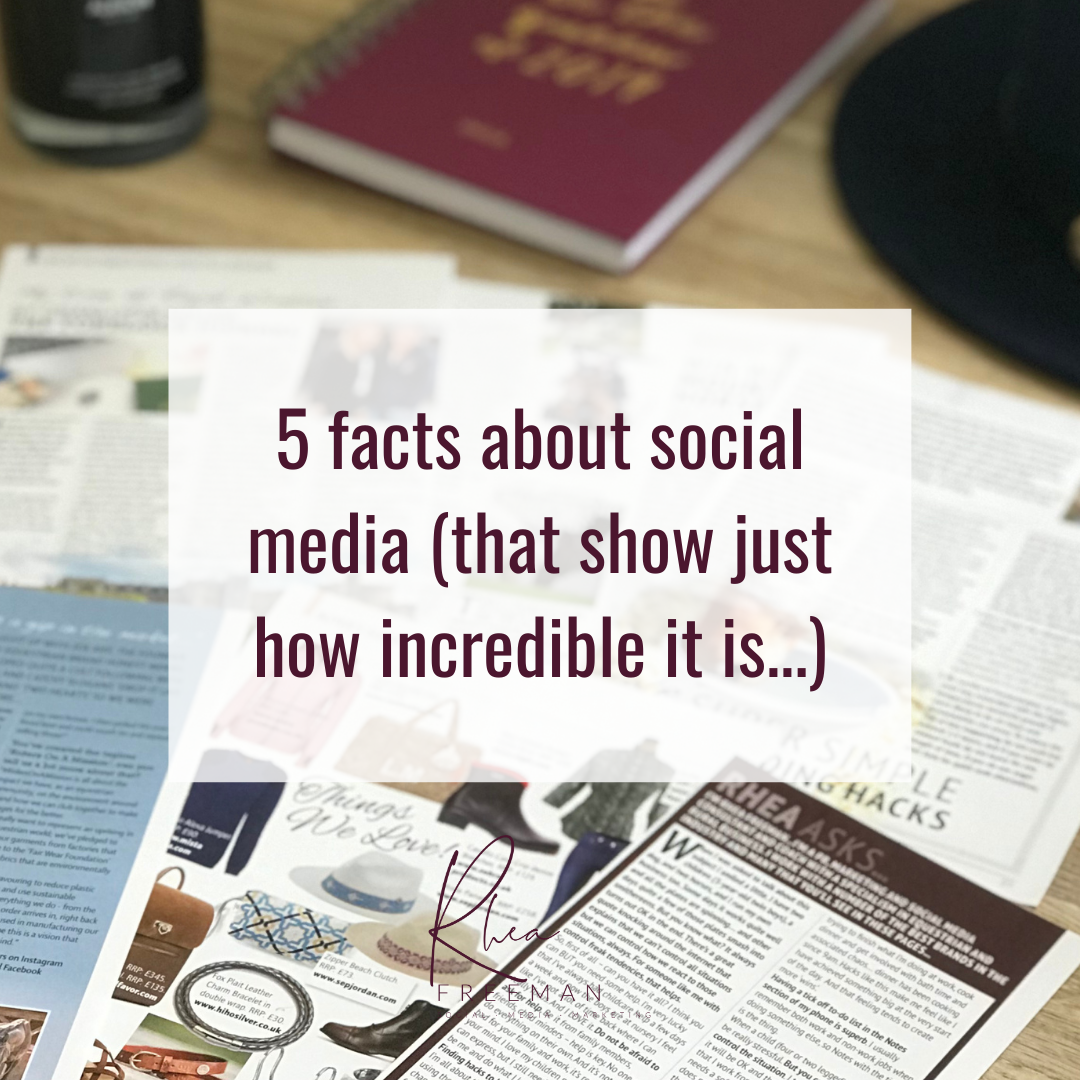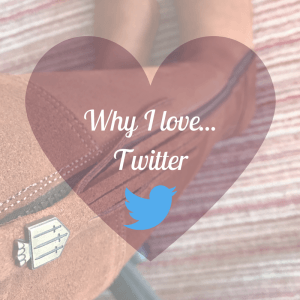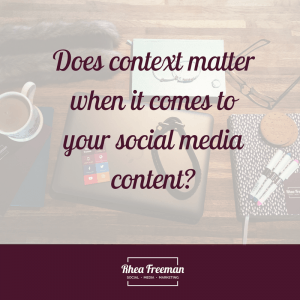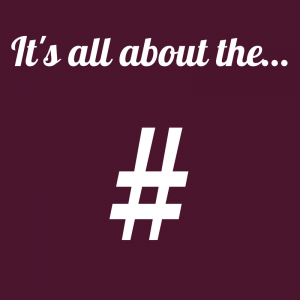 A while ago, I gave a TEDx talk about social media. Well, more specifically about how social media can connect rural communities and how it’s a force for good. I know, quite a wordy title. Part of my talk was social media stats. I felt this was an important if not essential part. Why? Well, I hear so many people say that Facebook is ‘dead’, or that no one uses social media anymore. Argh. It’s rubbish. We know this, but when you throw a few current stats at it, you realise how rubbish it is. So I thought I would share five facts about social media that I think are kind of mind-blowing… and the reason I think they’re incredible too. I have this thing that numbers are great, but adding a visual element is better. You’ll see what I mean…
A while ago, I gave a TEDx talk about social media. Well, more specifically about how social media can connect rural communities and how it’s a force for good. I know, quite a wordy title. Part of my talk was social media stats. I felt this was an important if not essential part. Why? Well, I hear so many people say that Facebook is ‘dead’, or that no one uses social media anymore. Argh. It’s rubbish. We know this, but when you throw a few current stats at it, you realise how rubbish it is. So I thought I would share five facts about social media that I think are kind of mind-blowing… and the reason I think they’re incredible too. I have this thing that numbers are great, but adding a visual element is better. You’ll see what I mean…
Five facts about social media that you’ll want to remember…
Facebook is INCREDIBLE. Over 2.8 billion people are monthly active users of Facebook and 1.84 billion people use it each day – according to Facebook’s own stats. When you consider that there are around 7.6 billion people on the planet, this makes it even more incredible… don’t you think?
Twitter is seen as a much smaller platform- because it is (let’s be honest), with an ‘advertising audience’ of around 356 million, it is. That number, however, is still pretty huge. And it’s also very funny that, whenever Facebook or Instagram have a wobble, everyone heads to Twitter to see if it’s ‘just them’ or if, indeed, the platforms are down!
Heard of the six degrees of separation? No? Well don’t worry too much… it’s a lot smaller now! According to Facebook’s own research, there’s not just 3.57 degrees of separation connecting everyone who uses Facebook. This was in 2016 for Friends Day, so the chances are it’s even smaller now!
Instagram has one billion monthly active users and 500 million daily active users. 500 million. Each day. On a platform that started in October 2010.
…and you know Instagram Stories? Some 500 million people use Stories EACH DAY too.
So yes, I make no secret of the fact that I am a huge fan of social media. I find it incredible how many people we can connect to through it and the features it has. I mean, it’s amazing. I know it gets a bashing from time to time, but just look. Look at the potential it has. The potential for good. The potential for business. To me, that’s something that is very, very exciting and worth talking about. You can find a LOT more mind blowing stats about social media online… this just just a snapshot…


 Does context matter when it comes to your social media content? It’s something that I am constantly aware of, but a post I saw on Instagram last week prompted me to blog.
Does context matter when it comes to your social media content? It’s something that I am constantly aware of, but a post I saw on Instagram last week prompted me to blog. Hashtags are a big deal on social media and they’re something that you should be prepared to embrace if you want to be found. But what exactly are they and can you use them everywhere? Here’s a starter guide to hashtags. Well, #hereswhatithink
Hashtags are a big deal on social media and they’re something that you should be prepared to embrace if you want to be found. But what exactly are they and can you use them everywhere? Here’s a starter guide to hashtags. Well, #hereswhatithink